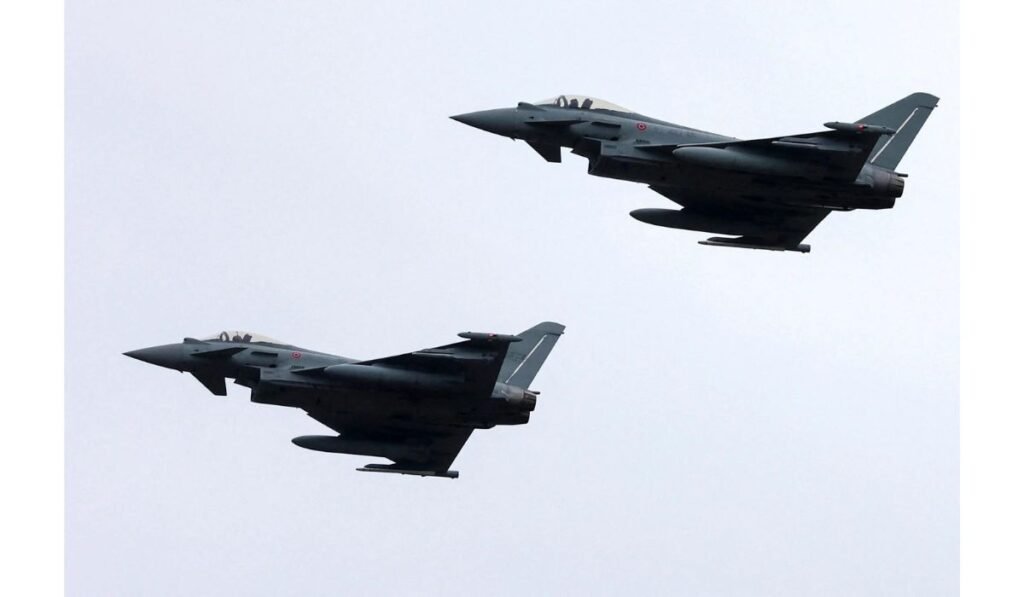Amidst shifting geopolitical dynamics, Japan has recently made a significant departure from its long-standing pacifist principles by greenlighting the sale of fighter jets to other nations. This decision, marking a notable shift in Japan’s defense posture, has sparked debates both domestically and internationally. While some view it as a necessary step to bolster Japan’s defense capabilities and contribute to regional security, others express concerns about the potential ramifications for regional stability and Japan’s pacifist identity. This development signifies a pivotal moment in Japan’s defense policy, as it opens up new avenues for Japan Fighter Jet Sales on the global stage.
Yoshimasa Hayashi, the Chief Cabinet Secretary, expressed that the adjustments are imperative considering Japan’s security conditions. However, he underscored that Japan’s commitment to pacifism remains unaltered.
“In order to achieve a fighter aircraft that meets the necessary performance and to avoid jeopardizing the defense of Japan, it is necessary to transfer finished products from Japan to countries other than partner countries,” Hayashi told reporters, adding that Tokyo will follow a strict approval process for jet sales.
However, Japan’s decision to sell fighter jets has raised questions and sparked debates about the country’s defense policy and its commitment to pacifism. Critics argue that this move could escalate regional tensions and fuel arms races, undermining efforts to promote peace and stability in the region. Additionally, concerns have been raised about the potential misuse of Japanese military technology and the impact on Japan’s reputation as a pacifist nation. As Japan navigates these complex issues, it faces the challenge of balancing its security interests with its commitment to peace and stability in the Asia-Pacific region.
read more
image source








